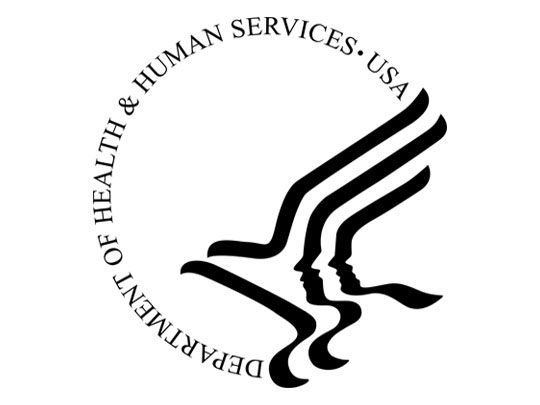Health Providers: Join the Telehealth Revolution

Cross-posted from U.S. Department of Health and Human Services
As healthcare providers, we swear an oath at medical school graduation that guides us through our careers. Whether on the job or walking down the street, we carry this promise, to our patients, communities, and society as a whole.
The demands of the COVID-19 response have brought out the best in our profession; our colleagues on the frontlines are battling day and night to save lives and deliver care in the midst of the pandemic. While this dedication and work ethic are part of the profession’s DNA, physicians across the country must now adapt the ways they can best serve their patients. One thing that has not and will never change is the necessity to deliver timely and ongoing care for conditions other than COVID-19, for preventive services like immunizations, and more.
That is why, as a practicing physician and member of the President’s Coronavirus Task Force, I am calling on all healthcare providers that are in a position to serve, to integrate telemedicine into their practice. As part of this effort, we’ve launched telehealth.hhs.gov as a resource for both healthcare providers and patients. It provides helpful information about telemedicine and links to tools and resources for practitioners.
In this time of crisis, I ask physicians to use the telemedicine tools available to augment or replace in-person visits with patients where appropriate. Working from the safety of home, clinicians are able to perform virtual visits, refill and adjust essential medications, and modify treatments that will preserve and improve conditions that if left untreated, put patients at risk. Moreover, lives can be saved by keeping patients with non-emergent issues out of hospitals and clinics, preventing them from unknowingly exposing themselves or others to COVID-19.
While any shift in practice is challenging, labor intensive, and often expensive, the federal government is working to make the temporary expansion of telehealth services as simple and beneficial as possible – taking into consideration the best interest of patients, healthcare professionals, and the country as a whole.
During the COVID-19 pandemic, the Centers for Medicare & Medicaid Services (CMS) has waived many restrictions for Medicare telehealth services, for care provided via telehealth to patients wherever they are located, including in their homes.
With an uneven distribution of COVID-19 cases across the country, telehealth can help augment care delivery in areas with high COVID-19 burden by mobilizing a cadre of physicians in less affected areas. During this time of uncertainty and great need, telehealth platforms are seeking clinicians to respond to patients no longer able to access walk-in clinics and urgent care facilities. Many states have issued waivers allowing physicians from out-of-state to serve their citizens. In some states, recently retired healthcare providers are also able to serve during the COVID-19 pandemic to ease the telehealth caseload.
As Vice President Pence has said, we must engage in not only an all-of-government response to coronavirus, but also an all-of-America response. We are forever indebted to the frontline healthcare workers who put their lives on the line every day to save others. It is time to mobilize an equally strong telehealth workforce to help keep Americans healthy through and beyond this challenging time. I encourage all healthcare providers to go to telehealth.hhs.gov for guidance and resources on how to make telemedicine work in your practices.